Round-Down: Why the Gay Fable KING & KING Matters
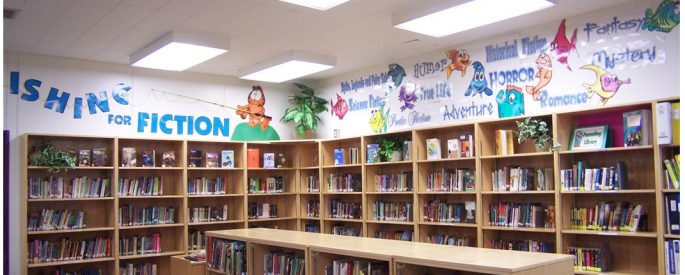
At The New York Times, Associate Press writer Michael Biesecker discusses North Carolina third-grade teacher Omar Currie’s decision to read a gay fable called King & King to his class at Efland-Cheeks Elementary in Efland, North Carolina. Currie was compelled to read the story, written by Linda de Haan
Revisiting The Campus Novel

For the past few weeks, everywhere I’ve gone in New York City, I’ve seen college students in full graduation regalia. New York is home to countless universities, and May and early June is prime season for mortarboards and proud parents from the Midwest boldly venturing on to the subway.
Why the Exquisite Corpse Works
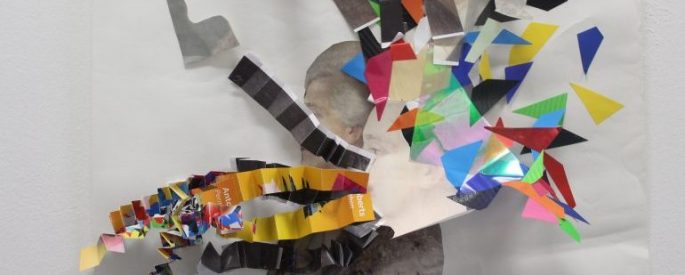
The first time I took part in an Exquisite Corpse, I was an undergrad in Lisa Russ Spaar’s workshop at UVA. I like to imagine she performed the exercise with her mentor, and he with his, and on and on in a long lineage of collaboration and gifting
The Best Short Story I Read in a Lit Mag This Week: “Rain” by Ben Loory
In her essay, “Fairy Tale is Form, Form is Fairy Tale,” (from The Writer’s Notebook, Tin House Books) Kate Bernheimer discusses how the psychological flatness of characters in tales and fables “allows depth of response in the reader.” In Ben Loory’s “Rain” (Journal of Compressed Creative Arts), we’re given
REVIEW: Belief is Its Own Kind of Truth, Maybe by Lori Jakiela
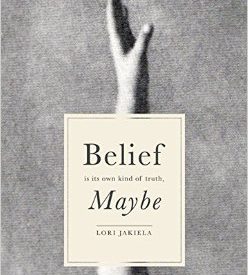
Belief Is Its Own Kind of Truth, Maybe Lori Jakiela August 4, 2015 Atticus Books 290 pages Preorder Halfway through her new memoir, Belief is Its Own Kind of Truth, Maybe, Lori Jakiela comes across a mall kiosk selling Russian nesting dolls. “The doll in the woman’s hand looks
Half the World More: Juan Felipe Herrera and the Centering of Chicana/o Letters
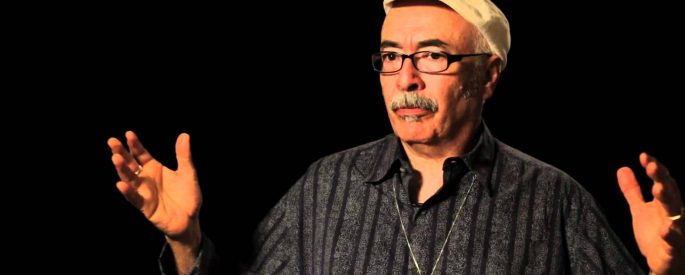
Juan Felipe Herrera being named our 21st U.S. Poet Laureate is special for a few reasons. He is the first Latino U.S. Poet Laureate in history, but also an unlikely if necessary one. It’s no obscure fact that his writing has historically been underappreciated, undercelebrated even. Herrera’s writing has
Round-Down: A Year of Publishing Only Women
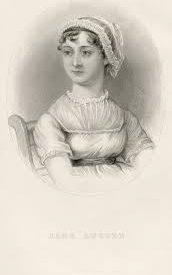
In a surprising move, And Other Stories, an independent publisher in the United Kingdom, decided last week to take up novelist Kamila Shamsie’s call for publishers to take a stand against gender bias by publishing only women in 2018. Publisher Stefan Tobler said that he and his colleagues had realized
Why Bother with Craft?
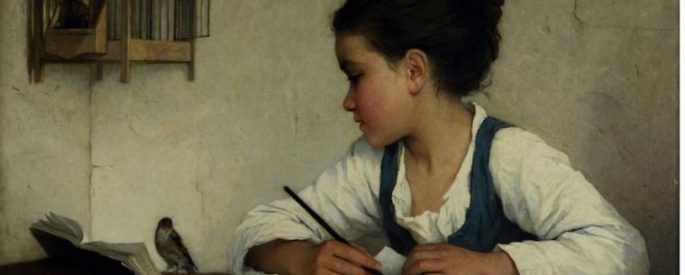
“Craft” was a dirty word at art school, a subtle derogative. The college dropped “and Craft” from their name so recently that the signs on the highway still held those words. Once, in a class critique, a peer called a hand-painted map used to make a stop motion short
“Uninhibited Openness”: An Interview with Dario Robleto, Materialist Poet
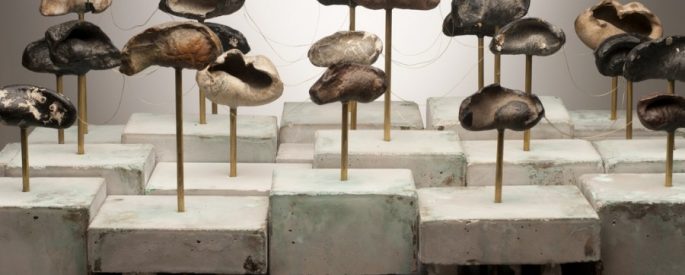
Conceptual artist Dario Robleto has been aptly described as an alchemist, cultural archeologist, and “raconteur in the ancient way.” By his own definition, he is a “materialist poet”—a term that encapsulates his method of creating sculptural responses to lyrical material lists that mediate on the human condition. From black
The Best Short Story I Read in a Lit Mag This Week: “Dead Mouse” by Caroline Macon
Poet William Carlos Williams famously wrote, “Say it, no ideas but in things,” which speaks how objects have remarkable ability to bear and express ideas that otherwise might feel one dimensional, or altogether without shape or meaning. Caroline Macon, in her story, “Dead Mouse” ([PANK] 10.3), employs what the